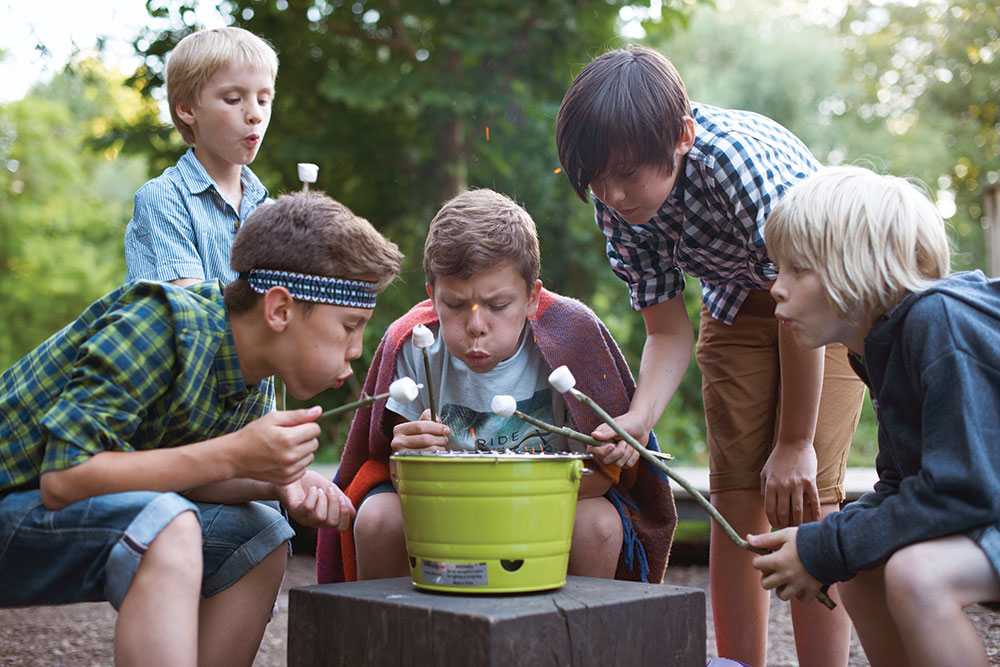
Yes, it had been a lot of work for many people and underpinned by much prayer. It had been well attended, children and parents/carers had loved it, Bible stories were explored, choruses were sung with gusto, there was much friendship, joy and laughter throughout the course of the week, with a big Church celebration and family BBQ to round it off.
The discussion began with, “Well, that was a waste of time – and money! All that effort but for what? None of them have come back to church.” Impassioned debate followed.
Let’s be honest, all of us who give much time and effort to faith sharing endeavours have probably had similar thoughts at some time or another. We get frustrated, we despair, we wonder why we bother, we fear for the future.
I planted the seed, Apollos watered it, but God has been making it grow. So neither the one who plants nor the one who waters is anything, but only God, who makes things grow.”
1 Corinthians 3:6-7
We are called to plant seeds of faith through our words and our actions. To nurture these seeds where we can. Yet, we can never tell, we may never know how our life and love, our work and witness will impact upon other people. You can never tell, you may never know how God will nurture the seeds that you’ve planted in another person’s life, be they the young people in your Company, your children and grandchildren, your friends and neighbours, the passing acquaintance, the stranger.
Writing on this theme in his book A Silence and a Shouting Eddie Askew comments:
We are called to sow seeds, to scatter seeds – the seeds of God’s love, the seeds of God’s word – and to keep on sowing and scattering faithfully and in faith. And we are called to pray that these seeds will germinate, grow and flourish.
So, as you prepare for your next meeting, activity, event or camp, as you remember and pray for the young people in your care now, and those who were in your care in years past, remember, you may see the harvest, you may not.
You plant, others water, God makes things grow.
We may see the harvest; we may not. It is, I believe, a mark of maturity that we learn to accept this, not with indifference or resignation, but joyfully and with imagination, as part of the adventure of Christian living.”